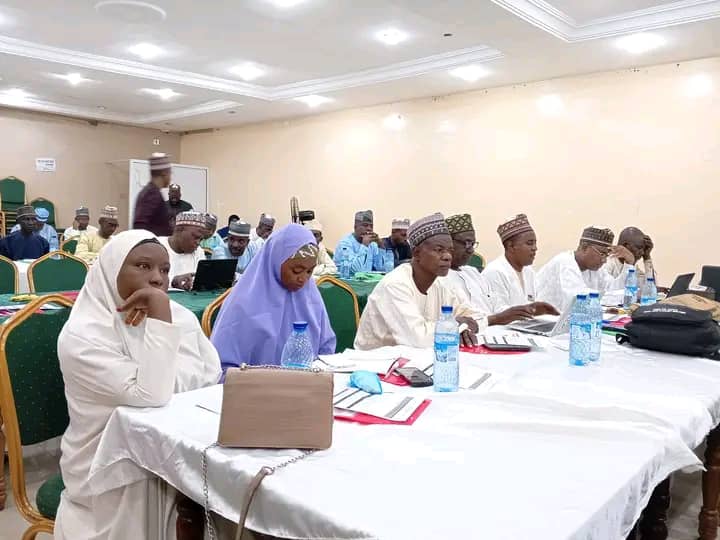The Sokoto State Government has charged Ministries, Departments, and Agencies (MDAs) to adopt and design their budgets using a scientific and realistic approach to enhance good governance.
The State Commissioner for Budget and Economic Planning, Dr Abubakar Mohammad Zayyana, gave this charge while addressing MDAs at a Training Workshop on the Development of Medium-Term Sector Strategy (MTSS) for 2026-2028 for Health, Education, Water, Sanitation and Hygiene (WASH), and Social Protection.
Dr Zayyana emphasised that MDAs’ budgets should be based on their programs and activities to align with the government’s nine-point smart agenda.
He noted that ambiguous budgets or those designed without proper planning are no longer acceptable, stressing that weak and ambitious planning always leads to failure.
The commissioner highlighted the importance of program-based budgeting in achieving desired goals and emphasised the need for teamwork to move the state to greater heights.
The training was organised by the Ministry in collaboration with UNICEF, aimed at developing a medium-term sector strategy for key social sectors.
In his address, the Commissioner of Health, Dr. Faruk Abubakar Wurno, directed the Directors of Planning of the Ministry and its parastatals to make good projections based on the objectives and programs of the ministry.
According to him, this would enable the development of a realistic, purposeful, and evidence-based budget for the 2026 fiscal year.
Dr. Wurno described MTSS as a critical step in improving the state budget and warned that any submitted budget proposal not aligned with the ministry’s objectives and programs would not be included.
In his remarks, the Chief of UNICEF’s Sokoto Field Office, Mr. Michel Juma, called on the Sokoto State Government to effectively leverage the support it is receiving on its commitment to transition from the traditional mode of budgeting to program-based budgeting, a shift that UNICEF is assisting in nine states across the federation.
Mr. Juma, who spoke through Social Policy Specialist Malam Isah Ibrahim, also emphasised the need for greater financial investment in social sectors to tackle the persistent issues of multidimensional and monetary poverty that impede overall development in various parts of Nigeria.
Earlier, the Permanent Secretary of the Ministry of Budget and Economic Planning, Hajiya Maryam Ahmad Barade, explained that social protection, despite being a multi-sectoral area, had not previously developed an MTSS among the four sectors.
However, it is now included, considering the current development priorities of the state.
The Permanent Secretary noted that the partnership between the government and UNICEF is yielding positive results in almost all areas of state development.















